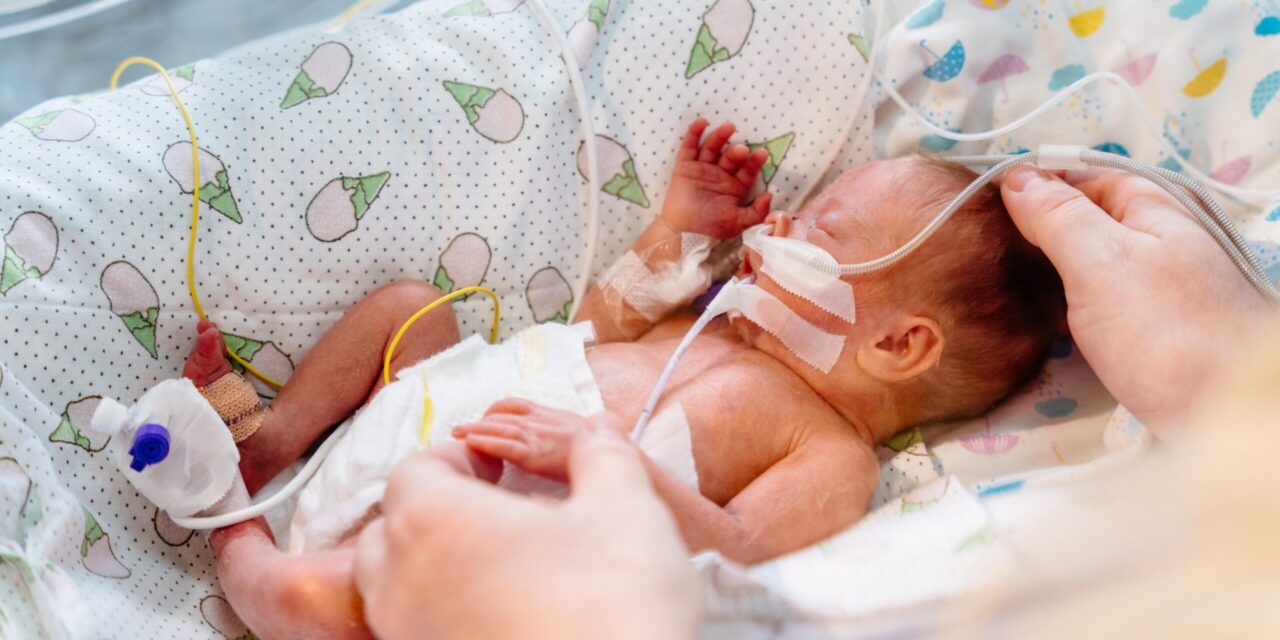This article is the first in a two-part series examining Massachusetts’ largest healthcare network’s adoption of harm reduction drug policies, and how it puts babies in danger.
Doctors in Massachusetts’ largest healthcare network no longer have to alert social services when babies are born with drugs in their system, Mass General Brigham announced earlier this month.
The organization claims it designed the policy, which additionally prevents doctors from drug testing mothers and newborns without consent, to fight racism in medicine.
A close read of its reasoning, however, reveals Mass General’s intention to enforce a new medical norm: that drug abuse during pregnancy isn’t necessarily child abuse.
At first, the hospital network couches its loosened drug reporting and screening requirements as part of their “United Against Racism” effort to “prioritize health conditions with the greatest racial disparities in outcomes and address policies that may unwittingly perpetuate structural racism.” But though the new policies purportedly address the “significant racial and ethnic inequities [of substance use disorder (SUD)],” Mass General’s press release only offers one sentence describing these inequities.
More importantly, Mass General neglects to explain how the policy changes — allowing mothers to refuse drug screening and letting doctors choose whether to report newborns with drugs in their system — will solve said racial inequities.
In fact, only the first two paragraphs of Mass General’s announcement mention race at all.
That’s because, contrary to the organization’s assertion, the policies do not address racial inequalities so much as reduce the legal and social consequences of doing drugs in the name of making drug addiction treatment more accessible.
Most hospitals require doctors to confer with social services when a newborn tests positive for drugs because it often indicates that the child’s mother can’t properly care for them. But Mass General’s senior medical director for substance use disorder (SUD), Dr. Sarah Wakeman, claims these assumptions aren’t reliable.
“A positive toxicology test does not tell you anything about someone’s ability to parent.” Wakeman tells the Daily Wire.
“Actually, a positive buprenorphine test tells you this person is engaged in treatment.”
Doctors commonly prescribe buprenorphine and methadone to help people overcome opioid addictions. Babies born with these medications in their system still test positive for opiates, though their mothers use them with doctors’ supervision.
Though alerting social services does not automatically result in a child being put in foster care, Wakeman suggests mandated reporting requirements can result in responsible mothers — those seeking to kick their drug habits — losing custody of their babies. By allowing doctors to assess for themselves whether a baby is at risk for abuse, and alerting social service accordingly, Mass General purports to ensure pregnant women won’t eschew sobriety for fear of social services removing their children.
Using harmful substances during pregnancy — including prescription opioids like buprenorphine and methadone — inevitably harms the child. Wakeman dances around this inconvenient medical reality by referencing a federal report from 2022 that concluded,
Wakeman doubled down on this assertion in interviews with other media outlets, telling CNN, “[The policy] is really trying to uncouple this idea of substance exposure as being equivalent to abuse or neglect and instead have our clinicians make an assessment of an individual patient.”
Sixteen paragraphs — that’s all Mass General needs to mislead readers about a wide-reaching policy founded on the belief that substance use during pregnancy isn’t abuse, regardless of its inevitable effects on unborn children.
In part two, the Daily Citizen will explore the policies’ damaging effects on pediatric medicine, and its connection to the radical harm reduction ethos embraced by many legislators and government officials.
Additional Articles and Research
Philadelphia Legislators Tackle Drug Crisis, Face Opposition from Harm Reduction Groups
Bipartisan Vote Balances Compassion and Law-and-Order in San Francisco
Oregon Lawmakers Vote to Recriminalize Hard Drugs
Citizens Turn Against Lax Drug Laws as Consequences of Drug Addiction Overwhelm Communities






